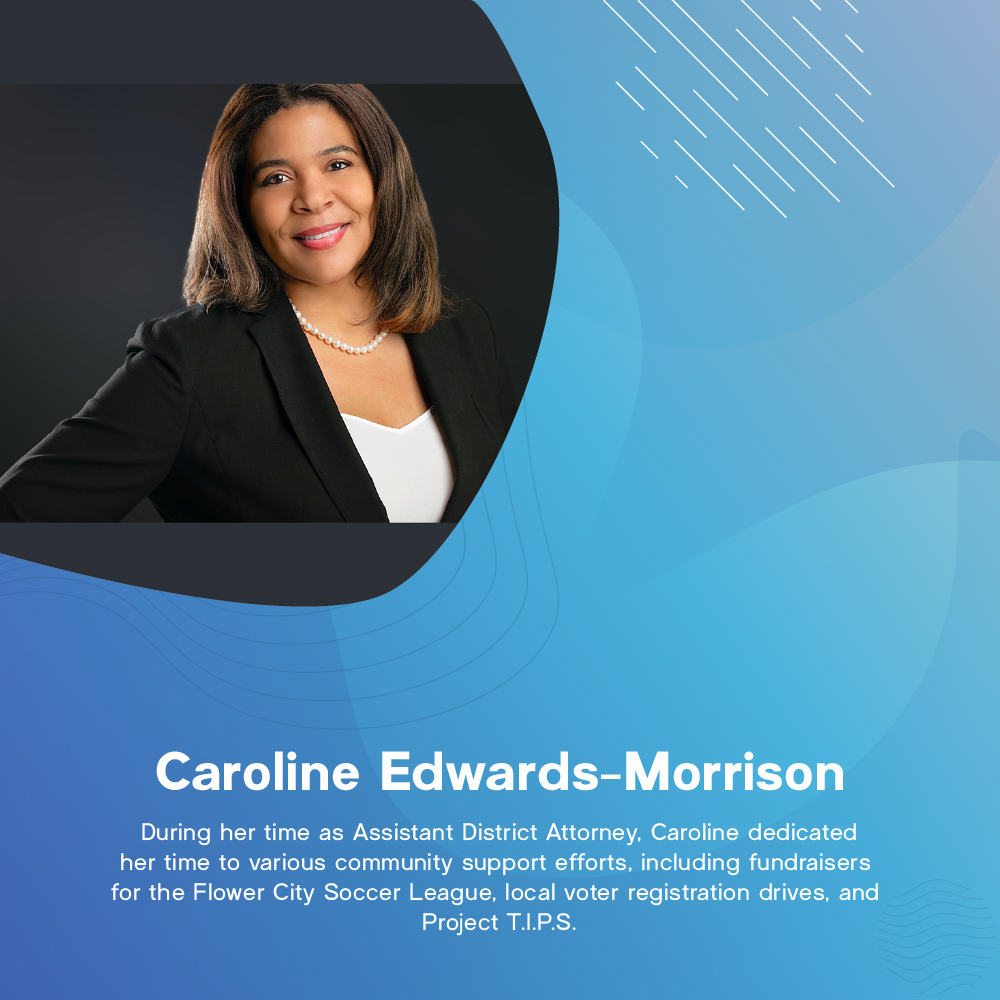
Education stands as the cornerstone of personal development and societal progress. It shapes individuals’ perspectives, equips them with essential skills, and empowers them to navigate life’s challenges confidently. From early childhood education to lifelong learning opportunities, every stage of the educational journey contributes to cultivating knowledge and realizing potential. In this article, we delve into the significance of building strong academic foundations and explore the diverse pathways through which individuals pursue learning and growth.
Early Childhood Education: Nurturing Curiosity and Creativity
Early childhood education lays the groundwork for lifelong learning, providing young minds with the tools and experiences they need to thrive. During these crucial formative years, children’s brains are like sponges, absorbing knowledge and making connections at an astonishing rate. Quality early childhood education programs capitalize on this period of rapid brain development, fostering curiosity, creativity, and a love for learning.
Through play-based activities, hands-on exploration, and interactive experiences, young children develop essential cognitive, social, and emotional skills. They learn to communicate their thoughts and feelings, collaborate, and solve problems creatively. Moreover, exposure to language-rich environments and early literacy activities sets the stage for future academic success.
Investing in early childhood education is an investment in the future of individual children and society. By providing all children access to high-quality early learning experiences, communities can narrow achievement gaps, promote equity, and foster a culture of lifelong learning from an early age.
Elementary and Middle School: Fostering Academic Growth and Exploration
Elementary and middle school years mark a period of significant academic growth and exploration. As students transition from early childhood to adolescence, they build upon their foundational skills and delve into more complex subject matter. Effective elementary and middle school education allows students to explore various academic disciplines, discover their interests, and develop critical thinking skills.
In the elementary grades, students build foundational reading, writing, mathematics, and science skills while exploring art, music, physical education, and other enrichment activities. Middle school introduces students to more specialized subject areas and prepares them for the transition to high school. Students develop problem-solving abilities, communication skills, and a thirst for knowledge through inquiry-based learning, project-based assignments, and hands-on activities.
Elementary and middle school education nurtures social-emotional skills, fostering growth for future success.
High School: Preparing for College, Careers, and Citizenship
High school represents a critical juncture in the educational journey, In high school, students embark on shaping their academic and career journeys. High school education readies them for college, diverse career paths, and engaged global citizenship.
Prepare for success with college prep, AP courses, and dual enrollment for academic rigor and post-secondary readiness. Career and technical education programs offer hands-on training and real-world experiences that prepare students for success in the workforce. Moreover, high school education emphasizes developing essential life skills such as critical thinking, communication, and collaboration.
In addition to academic and career readiness, high school education promotes civic engagement, social responsibility, and global awareness. Students engage in service-learning, community initiatives, and civic education to advocate for positive change and contribute to their communities.
Higher Education: Unlocking Opportunities for Learning and Growth
Higher education opens doors to advanced learning, professional development, and lifelong opportunities for growth and fulfillment. Educational institutions offer diverse programs preparing students for varied careers.
Higher education fosters intellectual curiosity, critical thinking, and creativity through rigorous coursework, research projects, and mentorship from faculty members. Colleges and universities drive innovation across science, technology, culture, and the arts.
Additionally, higher education promotes lifelong learning and personal growth beyond the classroom. Unlock your potential with continuing education, graduate studies, and professional development, perfect for skill enhancement, advanced degrees, and career transitions.
Educational empowerment is the key to unlocking human potential and creating a brighter future for individuals and societies. Empower through education, fostering lifelong growth and meaningful contributions.
From early childhood to higher education and beyond, educational pathways offer pathways to personal fulfillment, professional success, and societal progress. By investing in education, promoting equity and access, and supporting lifelong learning opportunities, we can build a more inclusive, prosperous, and equitable society where every individual has the opportunity to thrive.